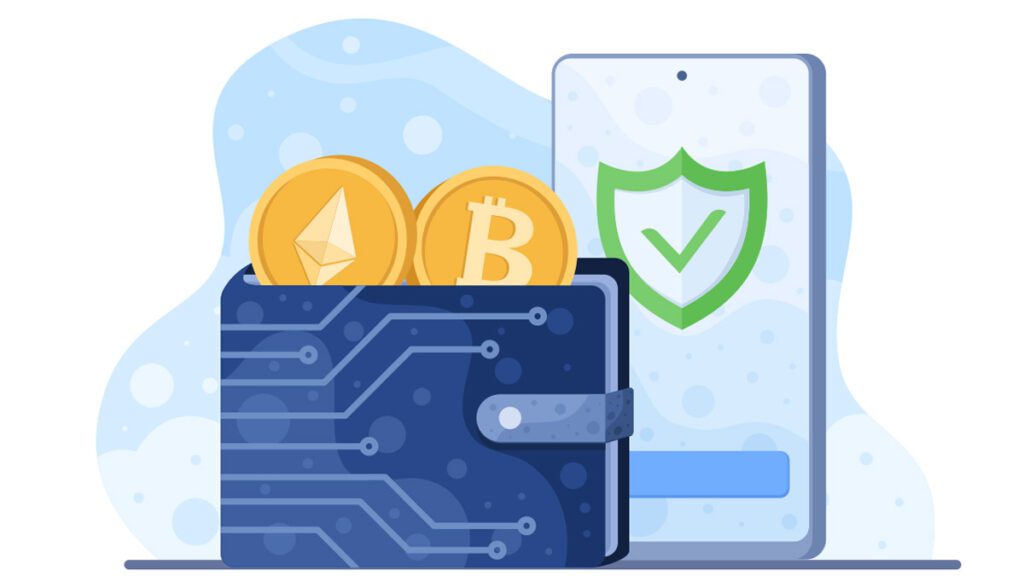Crypto Wallet: Best Practices for Navigating the Crypto World

The cryptocurrency industry is young and constantly changing. It is a whole new front, the wild west of the internet, barely regulated and unchecked.
This will not be the case forever; it hasn’t stopped the industry from reaching 2.3 trillion in overall market value as of December 2021, according to CoinGecko, as people rush to make their claim on the new and exciting industry.
With that in mind, pioneers need to know the risks and best practices when driving their crypto wallets of choice.
A wallet holding your decentralized tokens is what you use to navigate the crypto world. It is how you buy, sell, store, collect Non-Fungible Tokens (NFT), exchange, and earn crypto sign into Web 3 apps.
Here are some best practices for staying safe while dealing with crypto.
Change your password every now and then
Most of us can’t be expected to remember all the passwords to all our wallets and change them constantly, even though that is the best approach. However, do change them every so often and store them in a secure place. Opt for using P@$$WoRds LikE T#1$, and write them in code so that only you decipher them, and keep them somewhere safe in case you are one to forget.
It is also safe to assume that you will forget, as that is how most people lose their holdings. You have been warned.
Avoid getting phish hooks
Phishing scams are the bane of every internet surfer and spear-phishing or even net phishing campaigns.
If you see a cryptocurrency or NFT in your wallet that you do not recognize or recall purchasing, do not click it. It might be a phishing scam that can drain your wallet of all its funds if interacted with.
To dispose of it safely, you have to hide it.
Transfer your funds to another wallet and hide the suspicious crypto. It will likely just sit there forever, but at least you won’t click on it by accident. It costs a fee to transfer funds, but it is cheaper than losing everything.
Decentralize your holdings
You can open as many wallets as you want; there is no limit. It’s good to divide your holdings into multiple wallets, give each a different password, and store that somewhere safe.
Some popular wallets are Coinbase, Phantom, Metamask, Exodus, Trust Wallet, and Mycelium. Coinbase is the best for beginners if you are new to the crypto space.
Use a cold wallet
A cold wallet is a wallet that is not connected to the internet, a hardware wallet. USBs are most commonly used. Hardware wallets are the most secure way to store your holding, keeping them away from any potential hackers, as long as the device doesn’t fail or isn’t stolen.
Secure your personal device
The first line of defense is always your device itself. Keep your device updated with the latest anti-virus software and firewall. Avoid the shadier parts of the internet not to get phished.
When dealing with money, specifically lucrative investments, your safety is first and foremost in your hands, and it is good to stay on top of your own security game.
